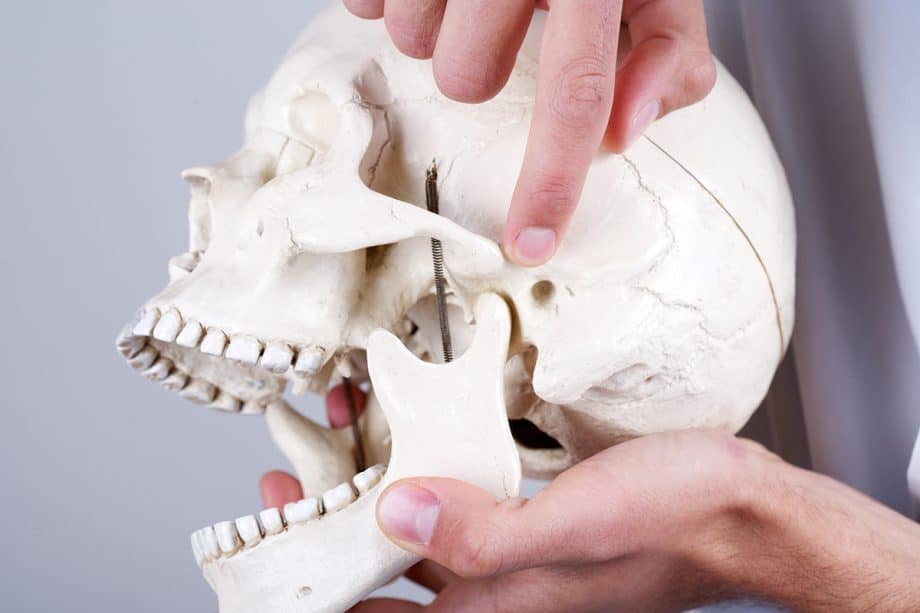TMJ is a common acronym for temporomandibular joint. The temporomandibular joint is found in front of the ears on both sides of the head. When injury or inflammation impacts this joint, it's called temporomandibular disorder (TMD) or temporomandibular joint disorder.
Characterized by jaw pain and many other symptoms, TMJ disorder is a complicated dental and medical condition that typically varies from one patient to the next. If you suffer from TMD, you may wonder if and how it can be cured.
Treatment Options for TMJ
Many potential treatment options exist for TMJ. Some patients may only require self-care type treatments, and their condition will be cured, while others may need to try several treatment types or need invasive treatments to be cured. However, the National Institutes of Health brochure on TMJ highly recommends using only the most conservative, reversible treatments possible.
Here are some ways to treat TMJ disorders:
- Gentle therapies: These include eating only soft foods, massaging and stretching your jaw muscles, and applying warm or cold compresses to your face. Also, try to avoid symptom triggers, such as yawning, chewing gum, or singing.
- Over-the-counter medications: Nonsteroidal anti-inflammatory drugs (NSAIDs), like ibuprofen, can help manage TMJ pain.
- Other medications: Antidepressants, muscle relaxants, opioids, and anticonvulsants can help relieve pain or muscular spasms.
- Alternative therapies: Acupuncture and massage therapy can also help decrease pain and increase joint mobility.
- Transcutaneous electrical nerve stimulation (TENS): TENS uses electrical pulses to stimulate muscle contractions, which can relieve pain and stiffness.
- Orthodontic treatment: If misaligned teeth cause your TMJ pain, orthodontic treatment from an experienced orthodontist may help.
- Botox injections: Botox injections have been found to temporarily relax the jaw muscles to help decrease severe jaw pain in some patients.
- Arthroscopy surgery: This is the last option to cure TMJ permanently, but many experts don't recommend it because it's invasive.
Frequently Asked Questions About TMJ
Do Popping Jaw Joints Mean that I Have TMJ Disorder?
Possibly, as popping in the jaw joints is a common symptom of TMD. However, this type of popping can have possible other causes. Many people experience intermittent clicking of the jaw joints, so on its own, popping is not usually a concern.
The only way to identify if the jaw popping you have is a symptom of TMD is to consult with your dentist. If you have other related symptoms, including headaches or jaw pain, be sure to schedule a dental appointment as soon as possible.
How Long Must I Wear My TMJ Splint?
Typically, you shouldn't wear your TMJ splint for more than six months since overuse may cause other issues. Your dentist may instruct you to use the splint all the time or only at night. Your treatment plan, including how long and how frequently to wear your TMJ splint, will depend on the alignment of your jaw and the severity of your individual symptoms.
TMJ Treatment at Stuart Prosthetic Dentistry
At Stuart Prosthetic Dentistry, we help patients with TMJ/TMD get their lives back with various treatment options. Our professionals can tell you which treatment options might work best for your situation. You can learn more on our website or call 772.286.1606 today to schedule an appointment.

